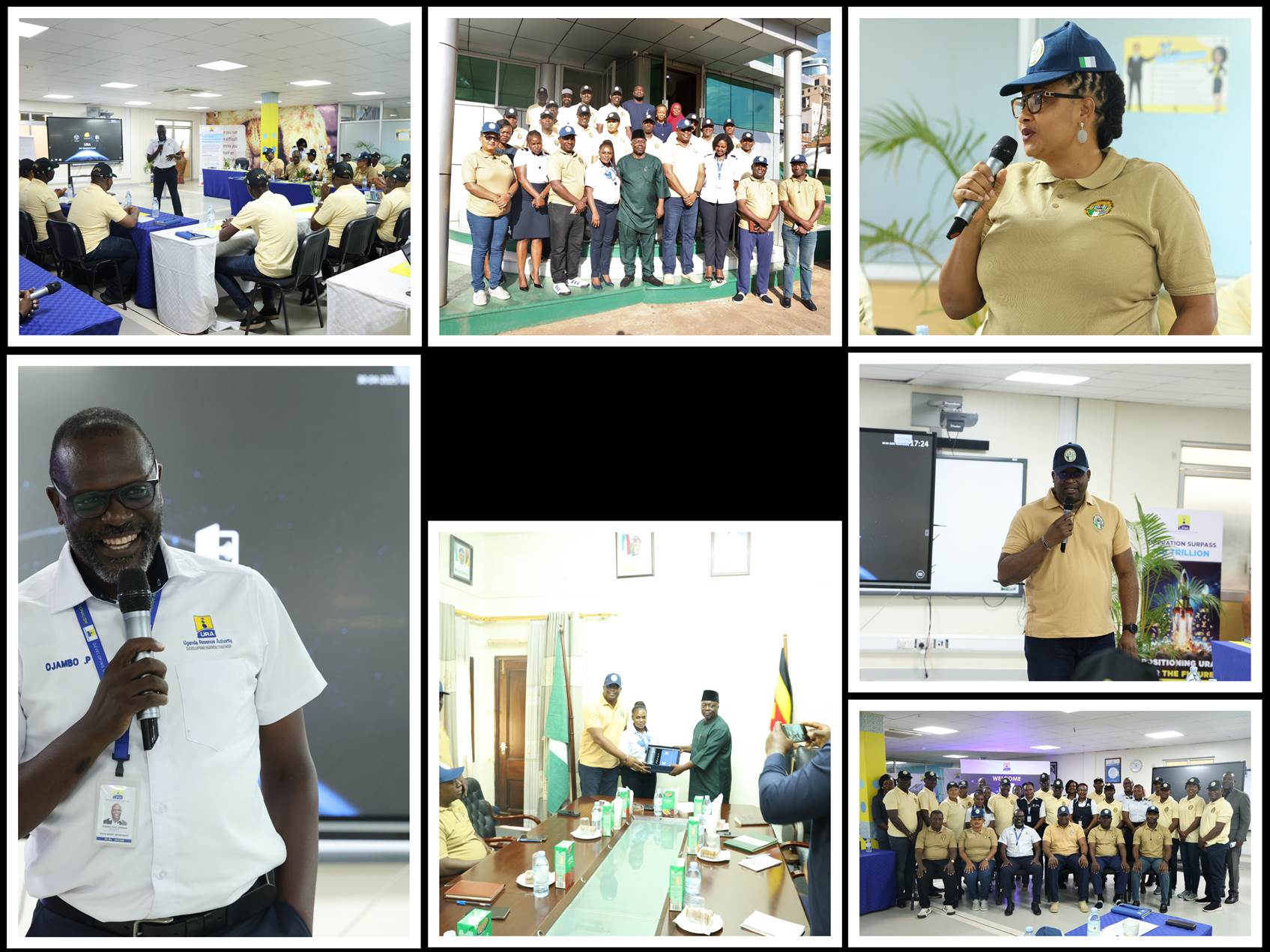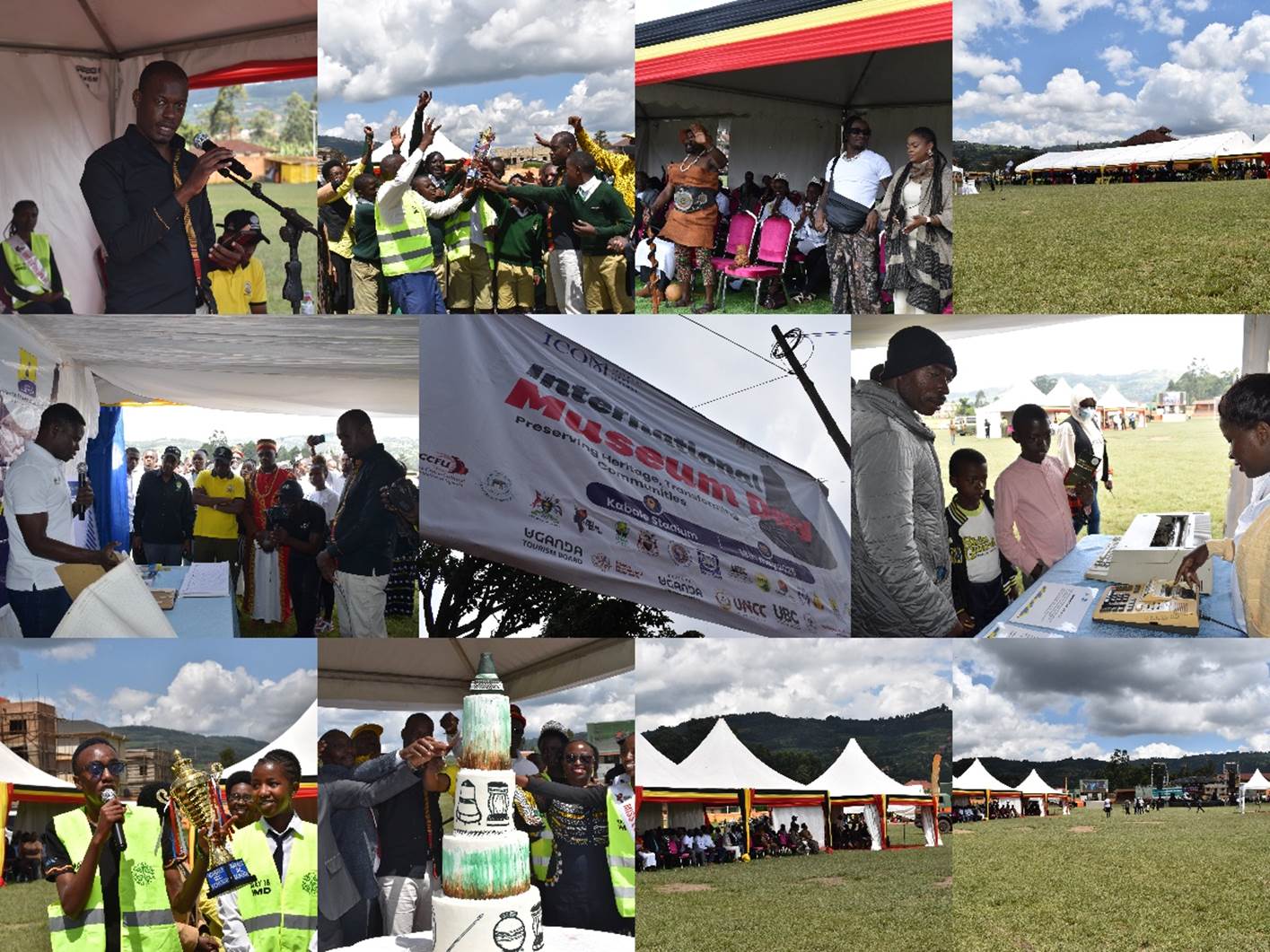By Anan Prisca
As part of its mandate to monitor and enhance compliance among government entities, URA’s Public Sector Office (PSO) has rolled out practical training sessions to support Local Governments in meeting their tax obligations.
One such engagement was held at Kyamate Secondary School in Ntungamo district early this week. It followed a request from district officials who identified compliance gaps and sought support from URA to strengthen their voluntary compliance efforts
In attendance were stakeholders from districts, municipalities, town councils, divisions, and sub-counties.
Through hands-on training sessions, the officials were trained on best practices for filing tax returns, covering VAT, PAYE, TIN registration, EFRIS, and penalties.
Hafsah Seguya Nabachwa, the Ag Supervisor for Tax Education in the Central Region emphasized the importance of self-service when it comes to meeting tax obligations.
“Do not give your money to agents,” she emphasized. “How can you earn UGX100,000 and give it away every month; Learn to do it yourself.” She informed the officials about the simplified VAT return filing process.
She further emphasised that all employees under local governments must have a TIN, especially since the return system was updated last March to require mandatory TIN validation.
“If someone doesn’t have a TIN, their return won’t validate,” she noted.
Marion Lubowa, the Supervisor for Compliance, Enforcement and Reconciliation in the PSO cautioned government accountants against the common oversight of failing to include all workers in PAYE returns.
Such lapses, she warned, could result in denial of Tax Clearance Certificates (TCCs) or even legal consequences. She also highlighted URA’s ongoing efforts to simplify compliance, revealing plans to introduce pre-filled PAYE forms.
In his remarks, Ntungamo CAO Fidelis Kiiza expressed appreciation for URA’s support, acknowledging the challenges local governments face—such as limited manpower to manage over 3,500 workers and 1,500 pensioners, along with equipment shortages.
“With the training received, we expect to see significant improvement moving forward,” he added.
The weeklong engagements are still ongoing, rolling out in areas of Kassanda and Mityana.









